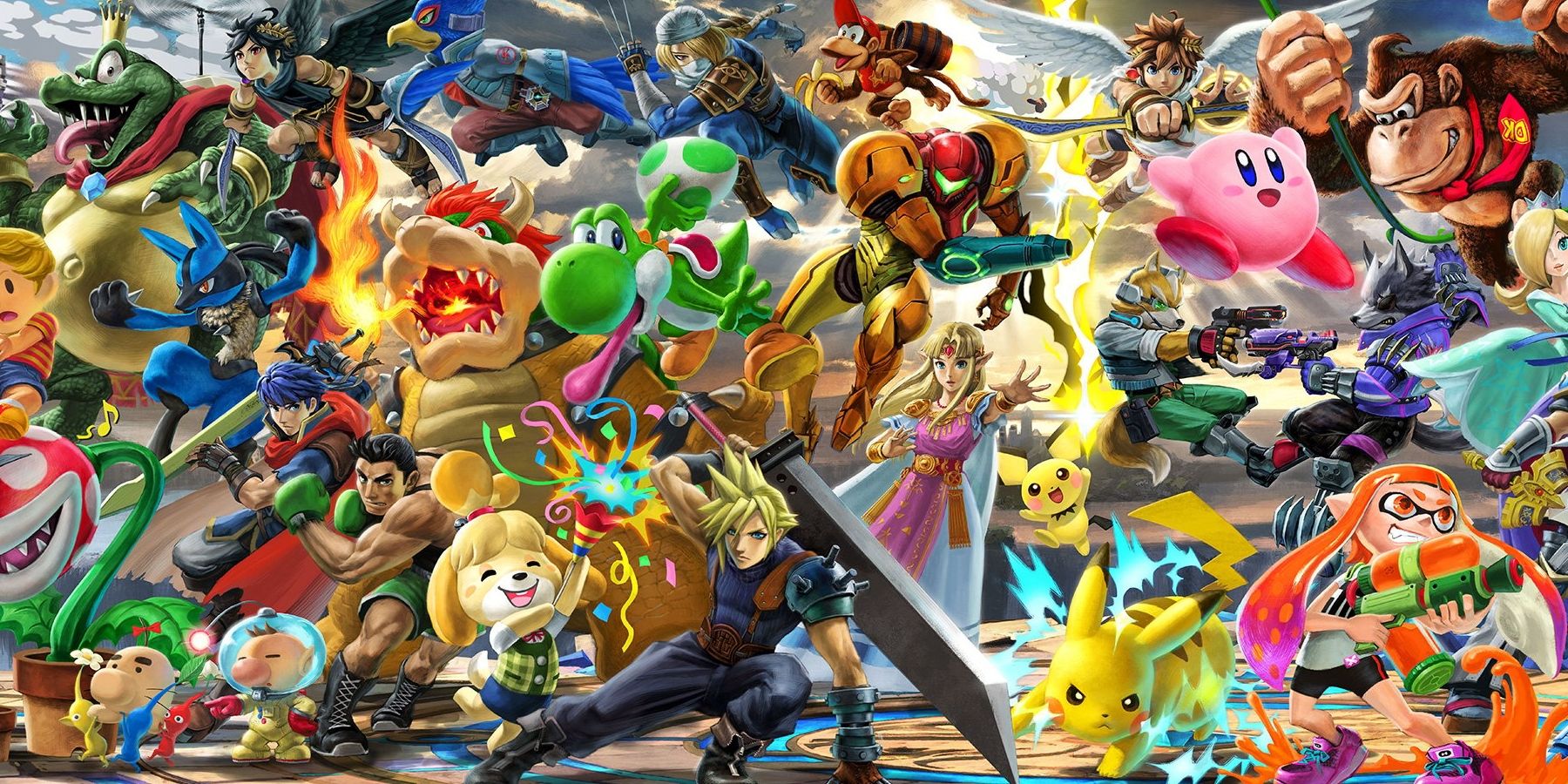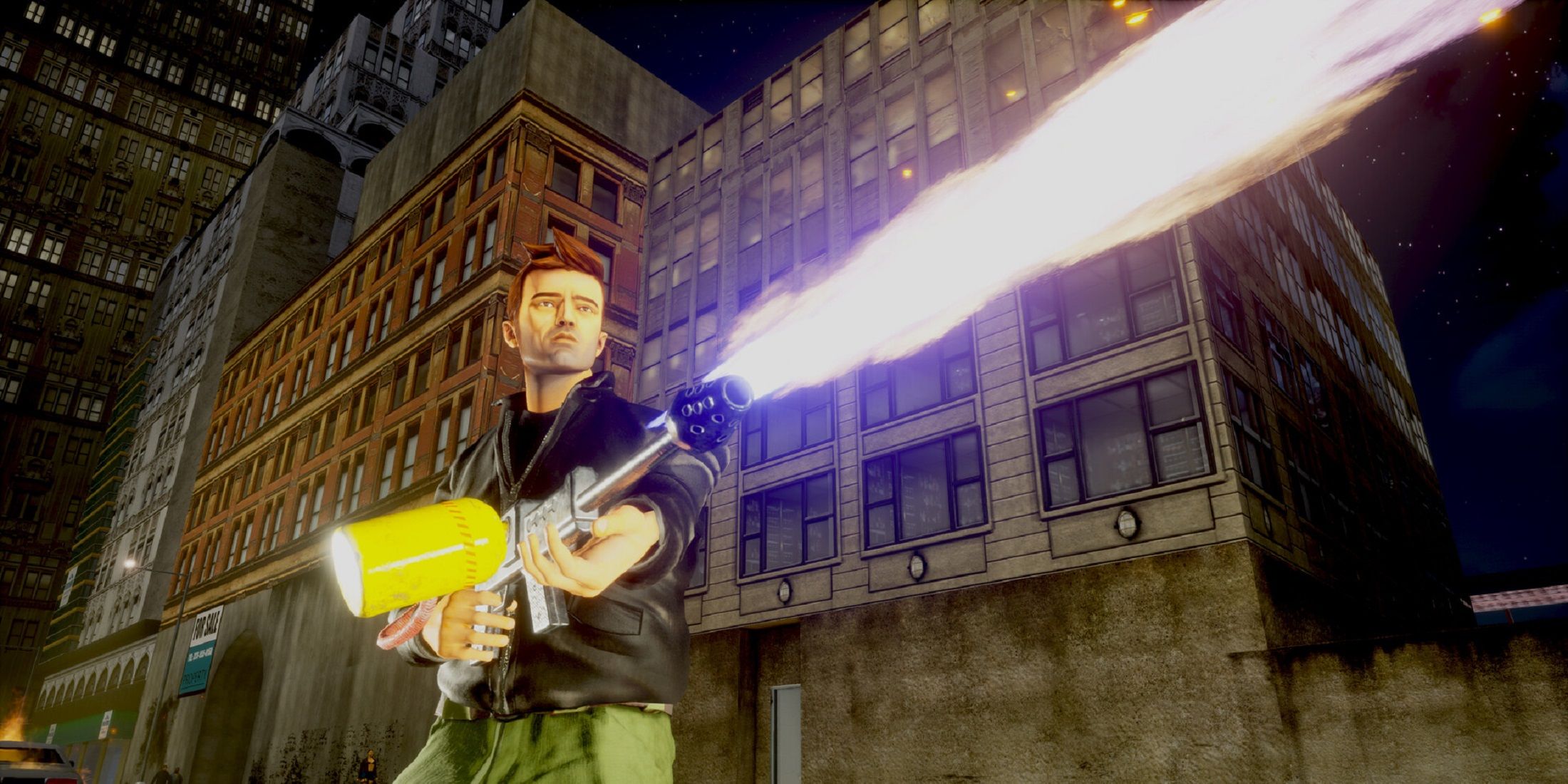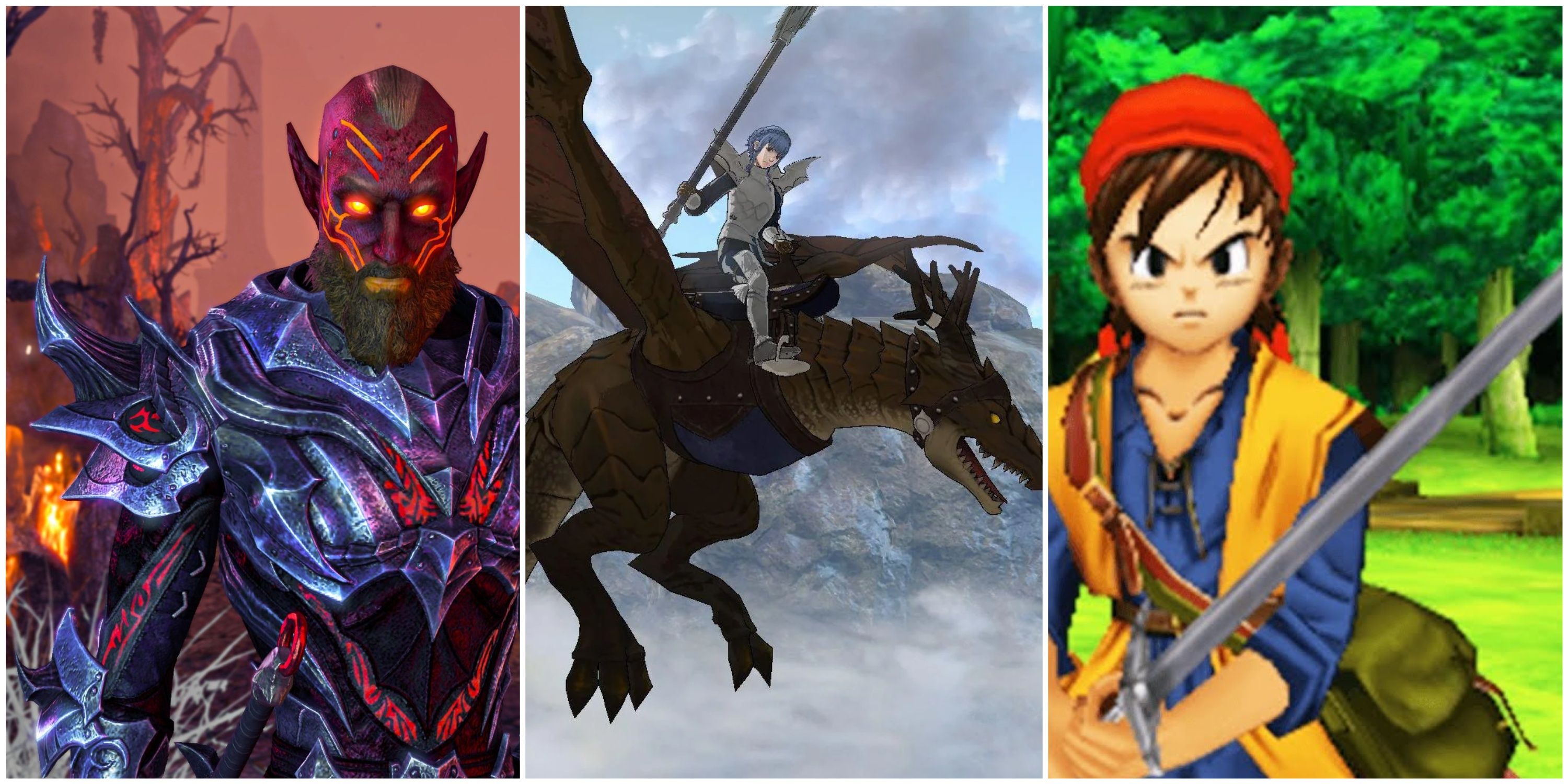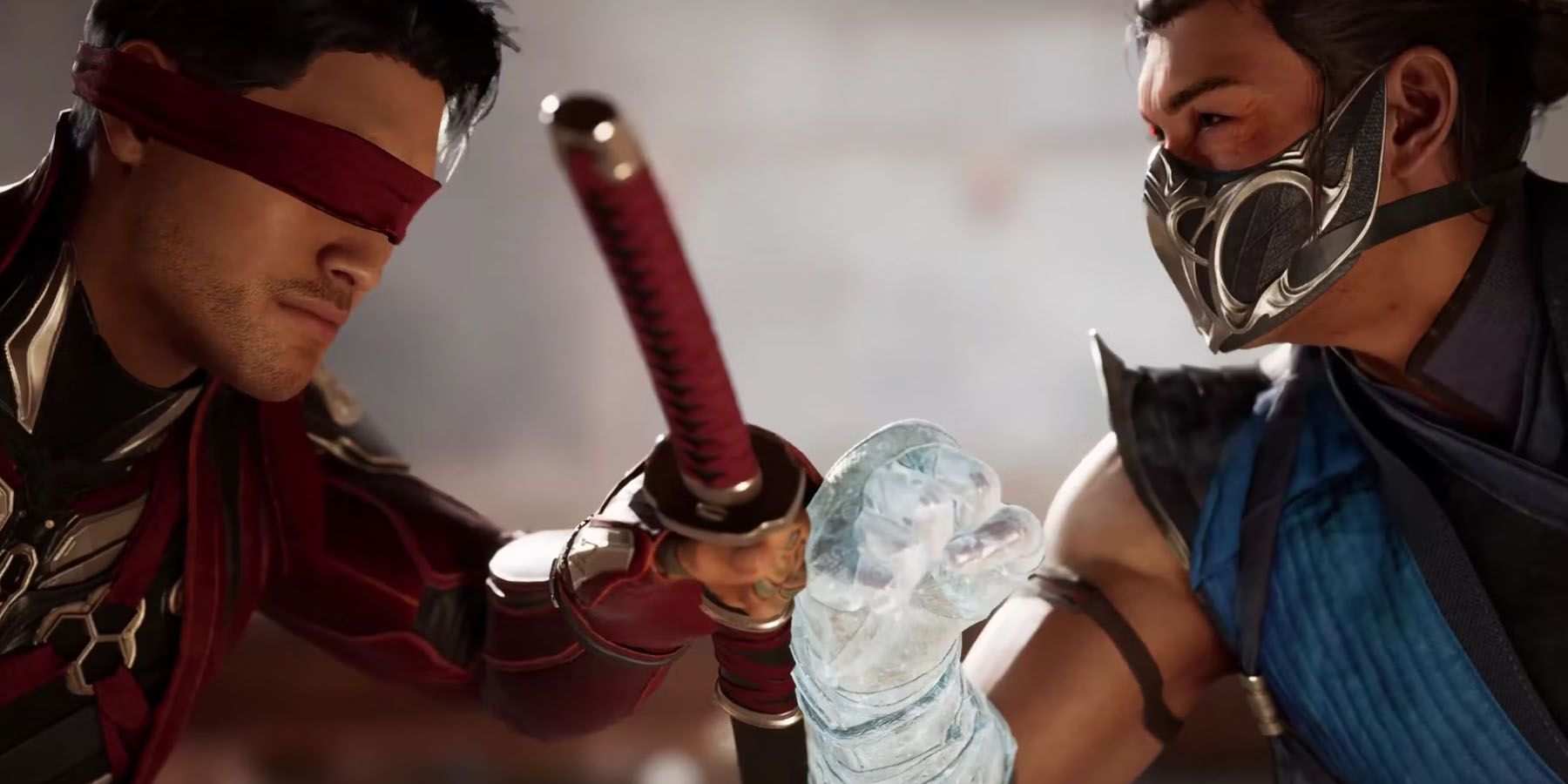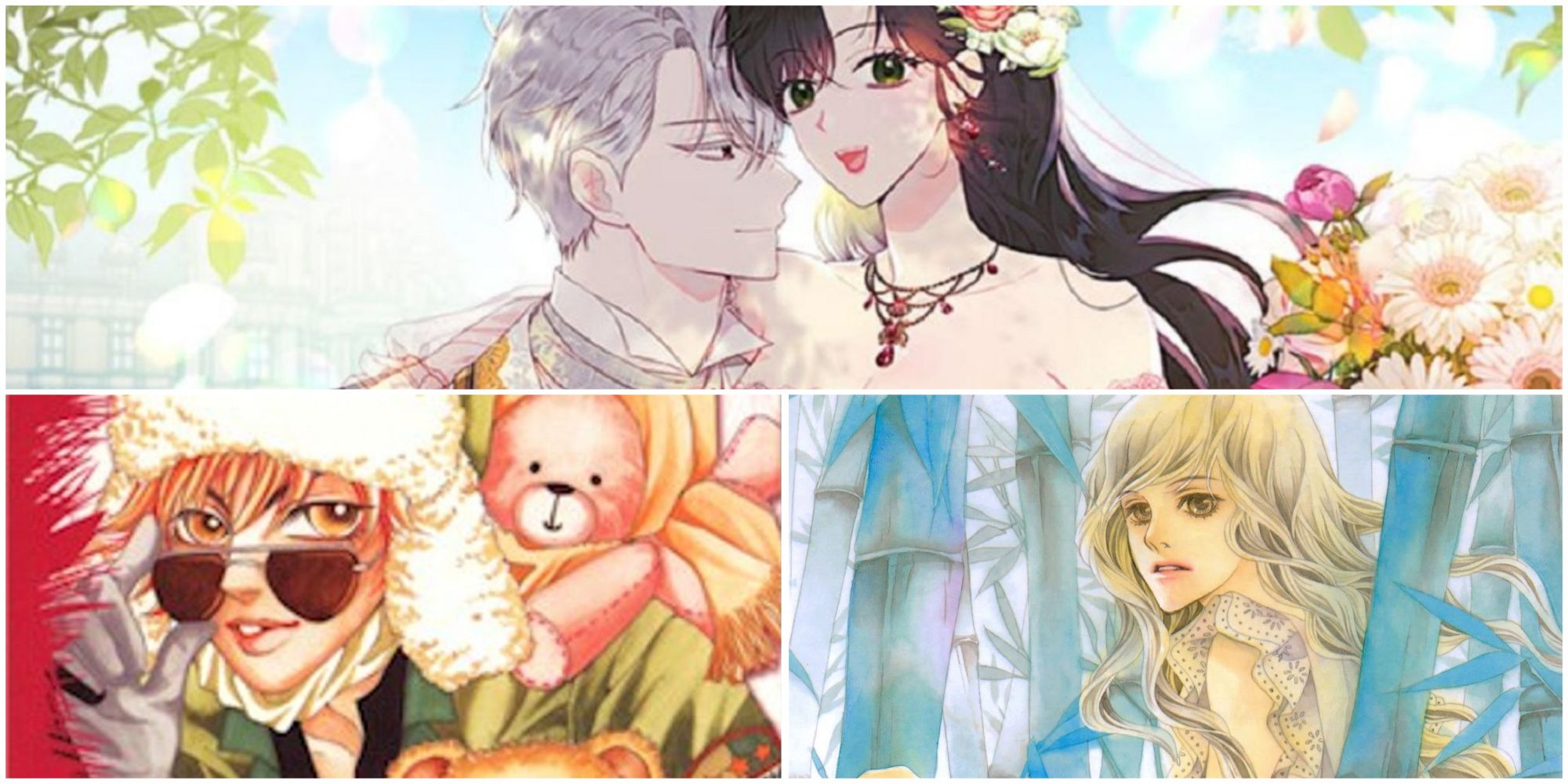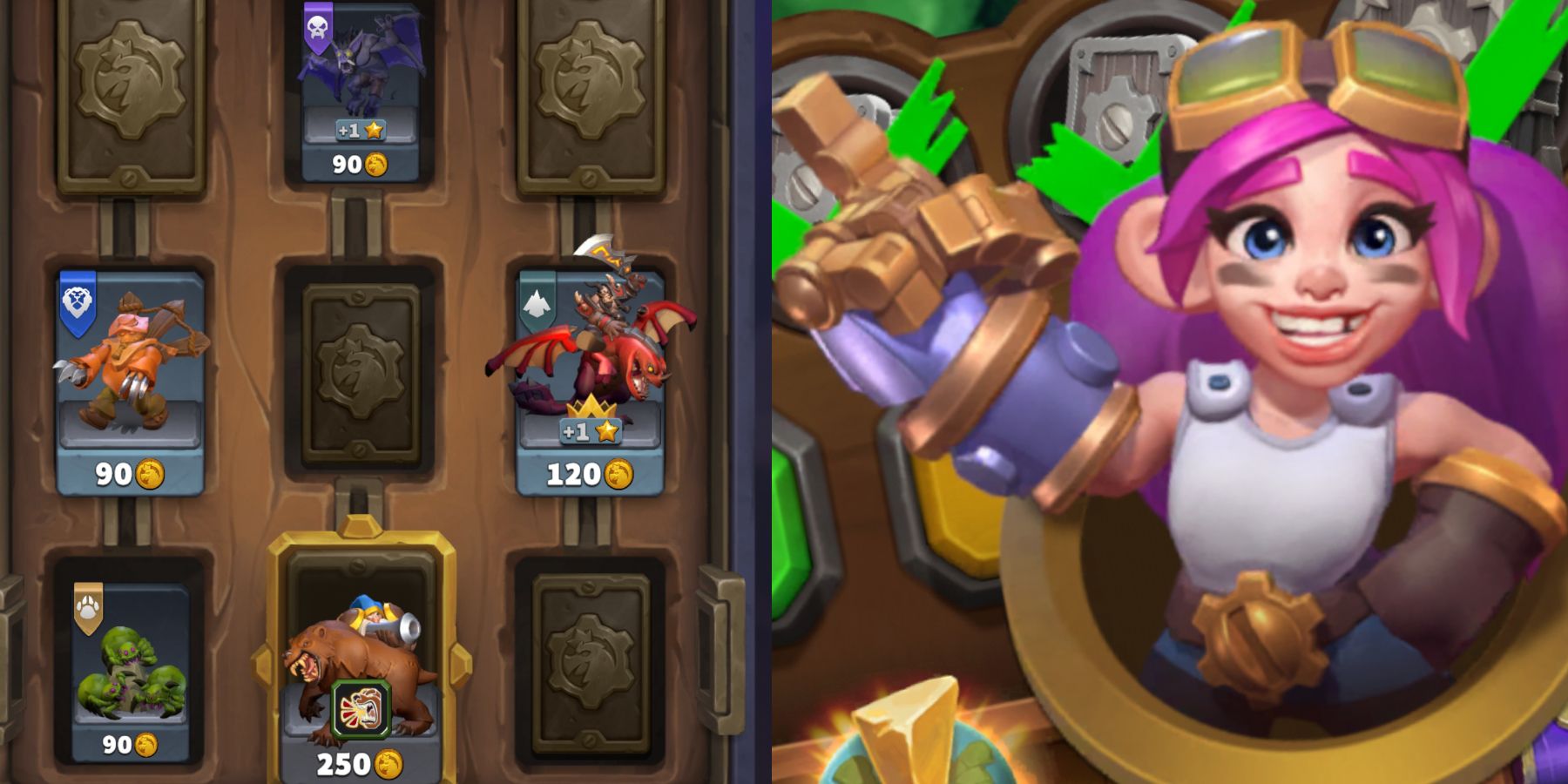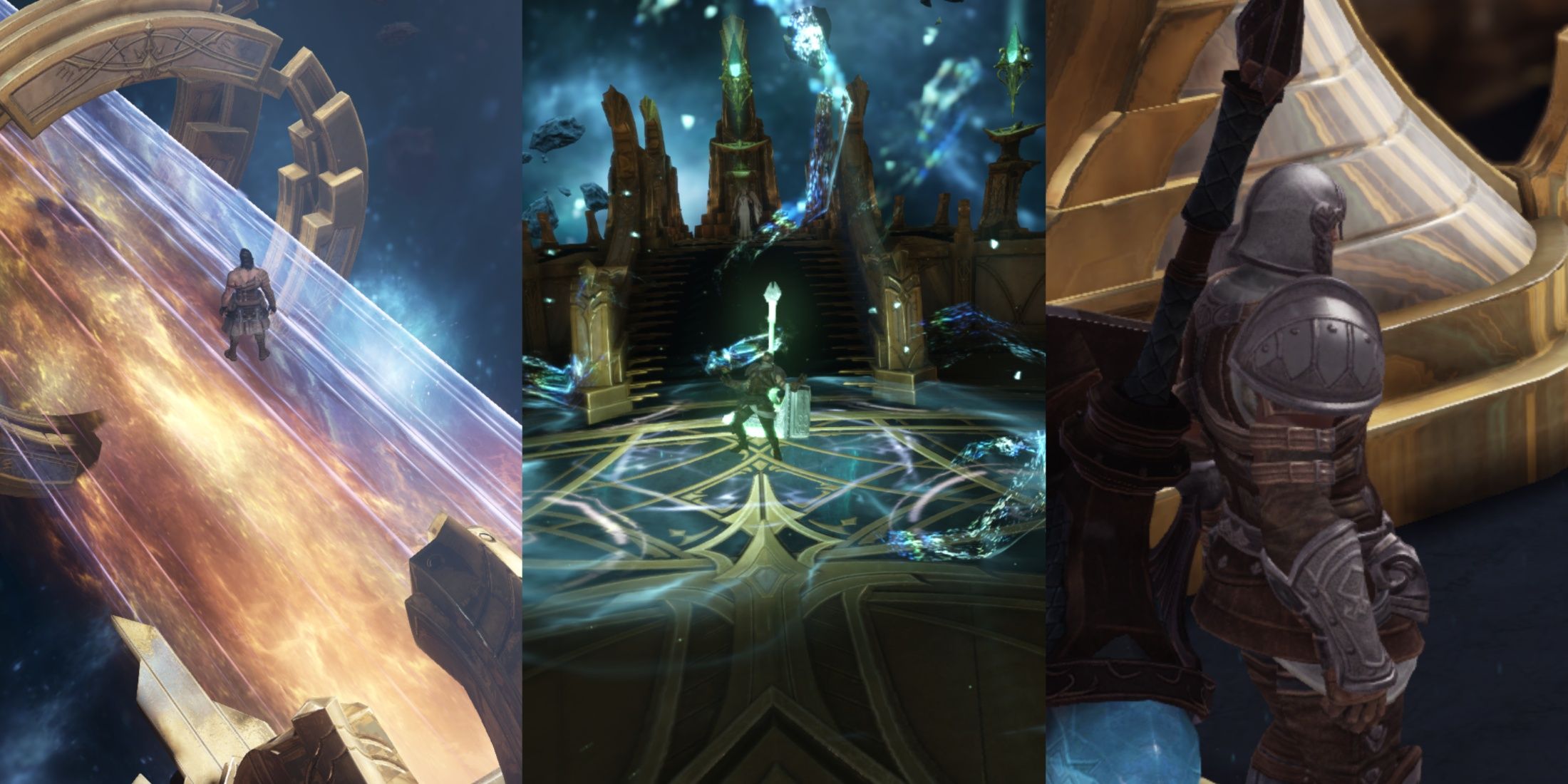Highlights
- Super Smash Bros. may face real competition in the future from games like Nickelodeon All-Star Brawl and MultiVersus, which have earned decent receptions and carved out a space for themselves in the industry.
- The success of games like Nickelodeon All-Star Brawl and MultiVersus highlights the potential of bringing popular IPs together in a crossover format, offering nostalgia, familiarity, and novelty to attract a larger audience.
- While Super Smash Bros. still leads the genre, future platform fighters could identify and improve upon issues like single-player content, online multiplayer, and competitive play, causing some trouble for future Super Smash Bros. titles.
It will likely be a while still before players can get their hands on the next Super Smash Bros. game. It’s been nearly five years since the last entry in the series and the industry has changed quite a bit in that time, so whether the next Super Smash Bros. is a remake, spin-off, or all-new game, it will have to reckon with these changes in a way that Ultimate didn’t.
Super Smash Bros. has led the platform-fighting genre since the series’ first release on the N64, but other developers have certainly tried their hands at the formula. A notable example of an older Smash imitator would be PlayStation All-Stars Battle Royale, which took a slightly more edgy and mature approach, featuring characters from games like Uncharted and BioShock. While PlayStation All-Stars and games like it never approached the success of Super Smash Bros., the genre has seen something of a resurgence in recent years, beyond Nintendo’s flagship series. These games, namely Nickelodeon All-Star Brawl and Multiversus, have seen much more success than previous Smash imitators, and while Super Smash Bros. has stayed relevant with expansions and new characters, it could be facing real competition in the future.
The Super Smash Bros. Series May No Longer Be Unrivaled
For many years, the idea of another platform fighter even coming close to the quality or popularity of Super Smash Bros. was something of a ludicrous notion in the eyes of many gamers. Nintendo’s crossover fighter is one of a few video game franchises that manages to appeal to just about every demographic, being easy to pick up and understand, but with a sky-high skill ceiling. On top of this, the series features countless iconic characters from franchises that many are familiar with, which has further helped establish it as a charming and beloved franchise for players of all kinds.
New Challengers Have Approached
Super Smash Bros.‘s beginner-friendly gameplay, crossover content, and mass appeal come together to set quite a high bar, one that has been difficult for competing titles to reach. However, games like Nickelodeon All-Star Brawl and MultiVersus have managed to make some waves, earning decent receptions from audiences and critics alike. While it would be unrealistic to suggest that these titles have enjoyed the near-universal acclaim and household status of the Super Smash Bros. games, they have certainly established themselves more than previous non-Nintendo platform fighters, carving out a space for themselves in the industry; this is much more than can be said for previous Smash-like games.
Smash Bros. Can Further Embrace The Crossover Craze
When the first Super Smash Bros. released, crossover media wasn’t nearly as popular as it is today. Massive IP-holders like Disney and Warner Bros. have invested heavily in movies, TV shows, and games that center on characters from disparate or loosely-connected franchises coming together in some way. Nickelodeon All-Star Brawl‘s characters showcase the potential of bringing popular IPs together, offering an appealing blend of nostalgia, familiarity, and novelty. MultiVersus is similar, in that it mashes up beloved characters from disparate TV shows and films, even bringing real-world LeBron James into the fold. Again, these games may not be as legendary as Super Smash Bros., but they aren’t limited to the gaming medium, which allows for new opportunities that can attract a larger audience.
Perhaps MultiVersus and Nickelodeon All-Star Brawl won’t topple Smash as the champion of the genre, but they prove that Nintendo isn’t the only company that can make the formula work. It wouldn’t be unreasonable for a large company like Disney, which controls many IPs, to create a platform fighter that competes with the next Super Smash Bros. game. Smash may still lead the genre, but it’s not perfect, with players often criticizing the games’ single-player content, online multiplayer, and the way that Nintendo handles competitive play. Other platform fighters could identify these issues and make a game that improves upon them, causing some trouble for future Super Smash Bros. titles.
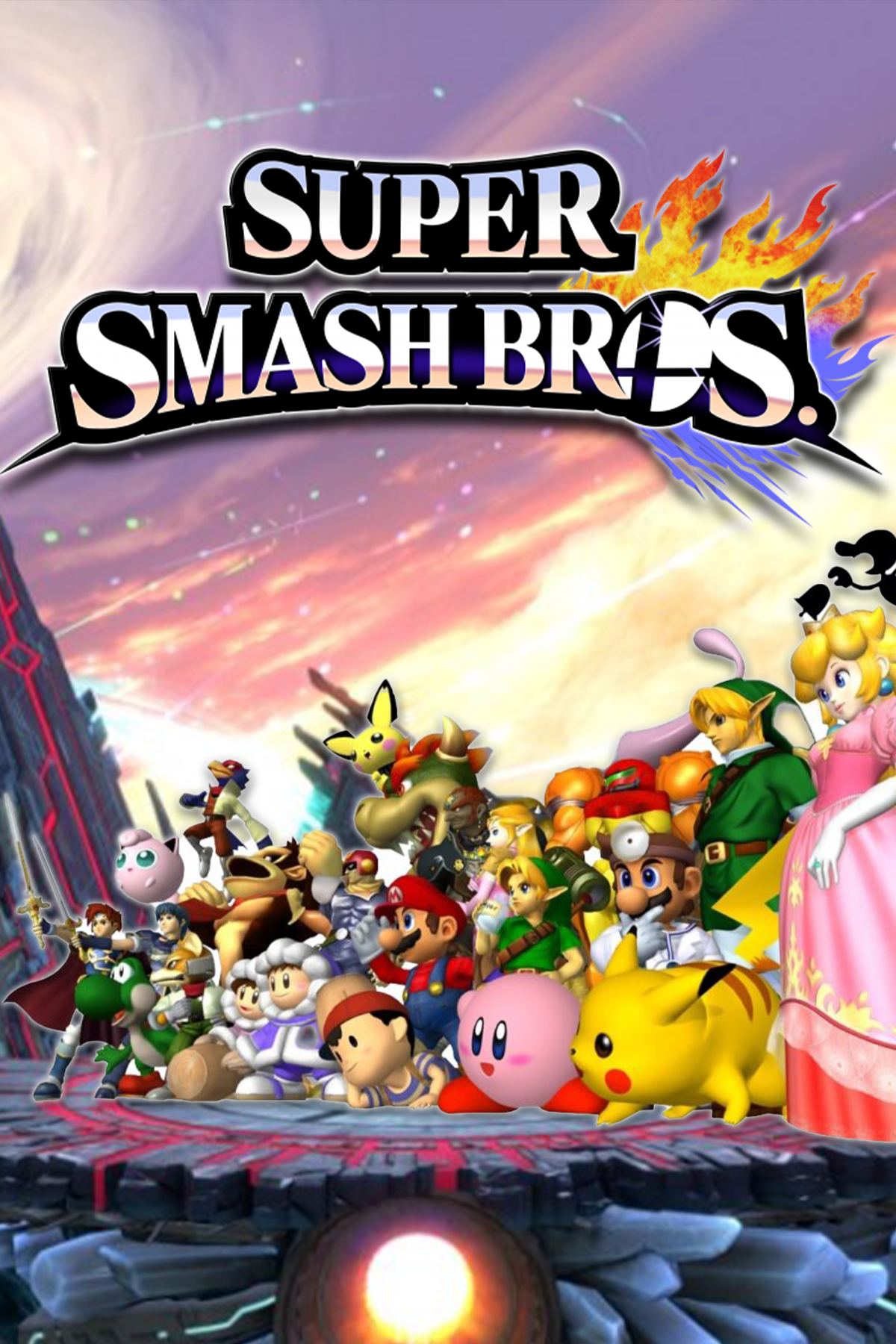
Super Smash Bros.
Super Smash Bros is a Nintendo-exclusive 3D action fighting and brawling game starring a roster of beloved Nintendo and third-party characters. Taking place across a plethora of arenas, players duke it out in real-time as their favorite characters.
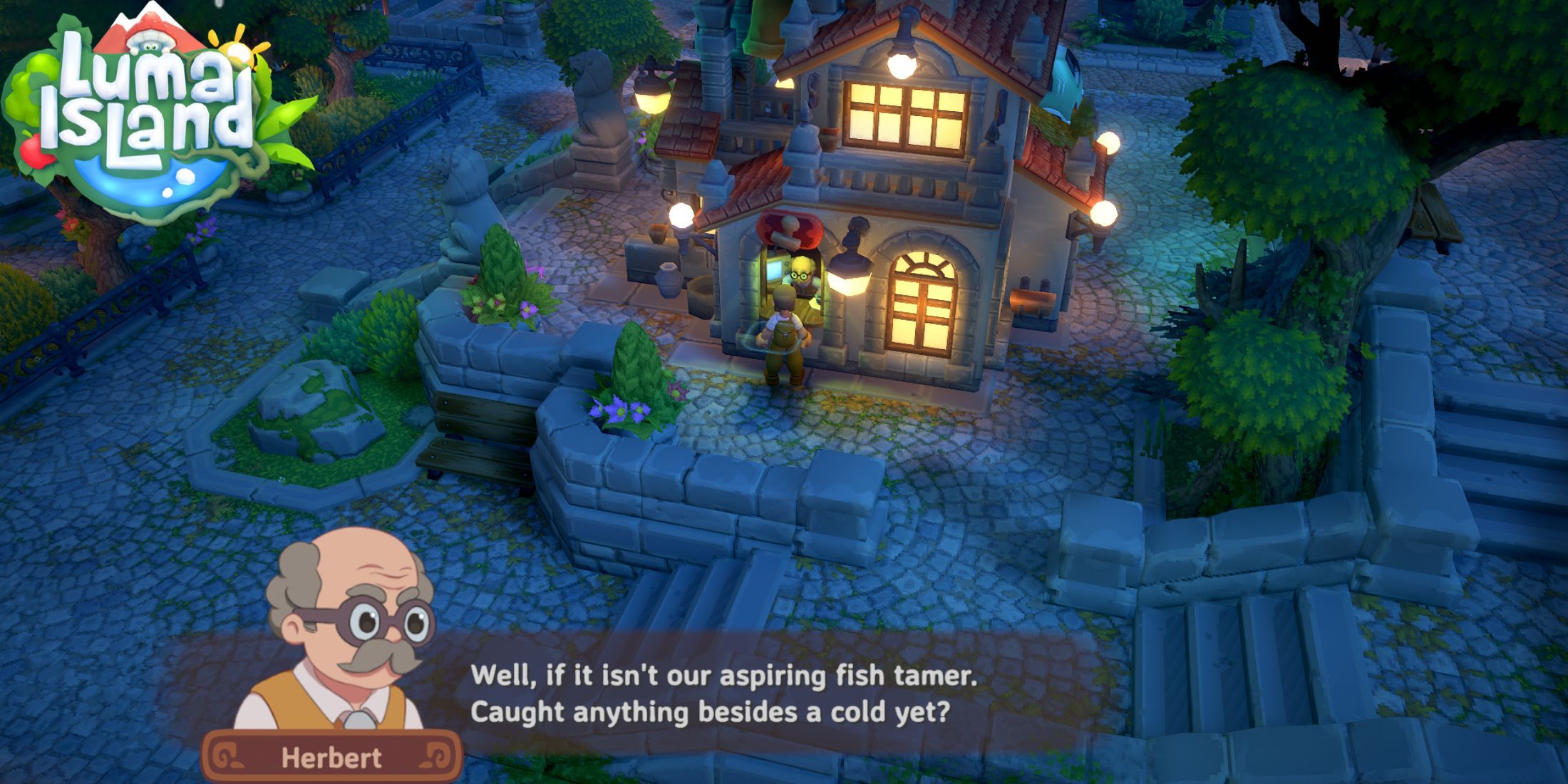
/cdn.vox-cdn.com/uploads/chorus_asset/file/25429565/Rabbit_R1_Settings.JPG)
